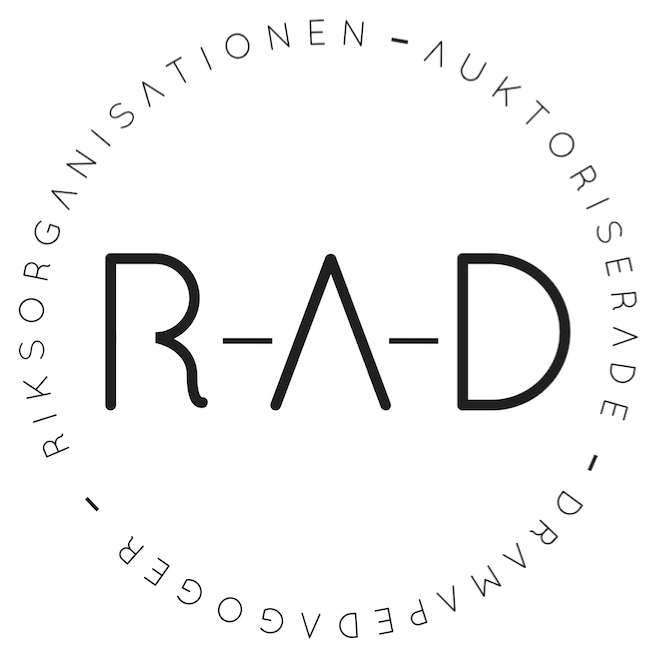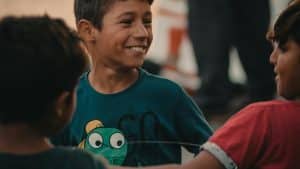Rosén, Susanne. (2019)
University of Chester UK
This thesis deals with issues relating to how learning takes place within drama education. The overall aim of the research study described in this thesis is to contribute to knowledge regarding what drama can be and how learning takes place in drama education when it constitutes a recurring part of compulsory schooling in Sweden. A sub-aim is to examine the components that co-produce such learning. A research study was conducted in Sweden where drama is not a compulsory subject in the national curriculum. Throughout the thesis, the focus is placed on the discursive formations and the components of dramatic form, content and processes of becoming. Explicit emphasis is placed on how these both articulate and iterate in drama educational practices. A combination of post-constructionism and drama theory is employed as key conceptual tools to capture and interpret pedagogical processes. Post-constructionism as a tool can be described as moves into and beyond stances of social constructionism and post-humanism. Within the broader frame of social constructionism, Dewey’s educational philosophy has provided a means to understand the role of social interaction and communication in education. Within the post-humanistic field, a nomad philosophical approach provides the theoretical means with which to explore interrelations of discourses, materialities, social interaction and aesthetic symbols and further analyze doings in spaces in-between. A key point of departure is that educational practices on macro- and micro-levels are interrelated. Therefore, a genealogical analysis of discursive formations of drama education as a part of the compulsory school system in Sweden, and an empirical study of local drama educational practices have been undertaken. All schools that participated in the study offer drama as a scheduled subject at some point over time. Four classes in three schools have been followed during drama lessons, and participating pupils have been interviewed. Both individual and group interviews were undertaken, and in the group interviews, drama is integrated as one method to construct data. The study concludes by claiming that drama education can be understood as events where what we perceive and know (the actual) and what potentially may be (the virtual) are working on the same immanent plane. In drama educational practice, the components of dramatic art form, content and processes of subjectivities are interconnected. Learning and becoming take place as processes in-between, in the conceptual AND. The deployment of the analytic conjunction AND implies a non-dichotomous approach to drama education. In drama, the common, embodied creation and exploration of potential ways to act and become lead to engagement and to learning. This together with a focus on the common doing in the work of dramatization contributes to the meaning and simultaneous creation of ‘drama’ and ‘group’. An important corollary is that who we can be, and hence our creation of meaning within the world, takes place as a synchronous process. Thereby, drama education mobilizes a pedagogy of learning and becoming that both challenges and complements the otherwise realized school education. Because drama opens up diverse ways of knowing in one and same educational event, it can contribute to equity in education.




